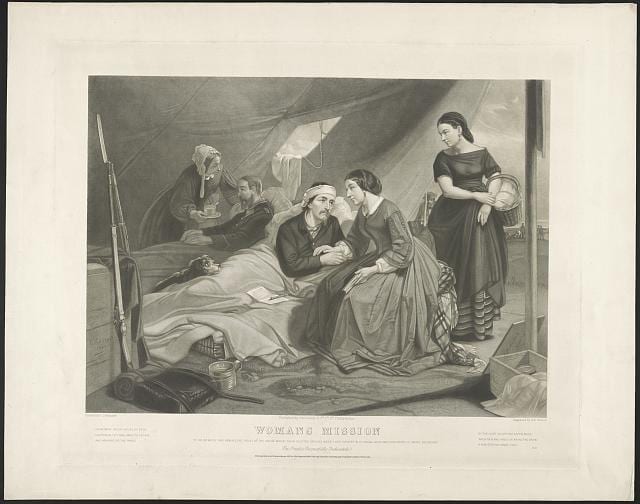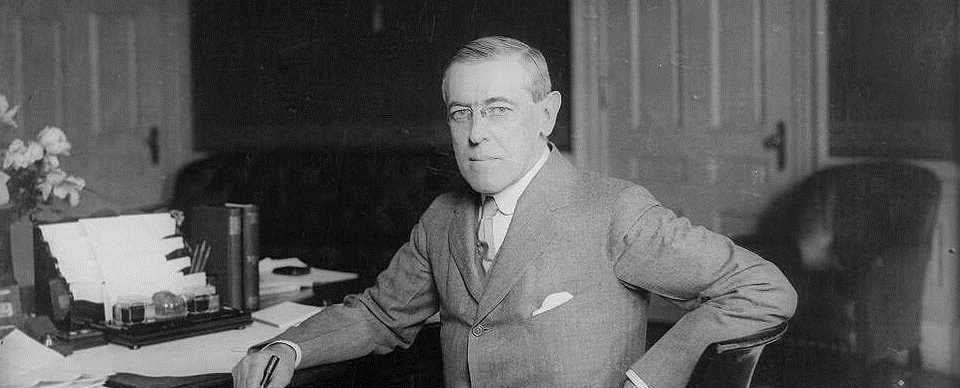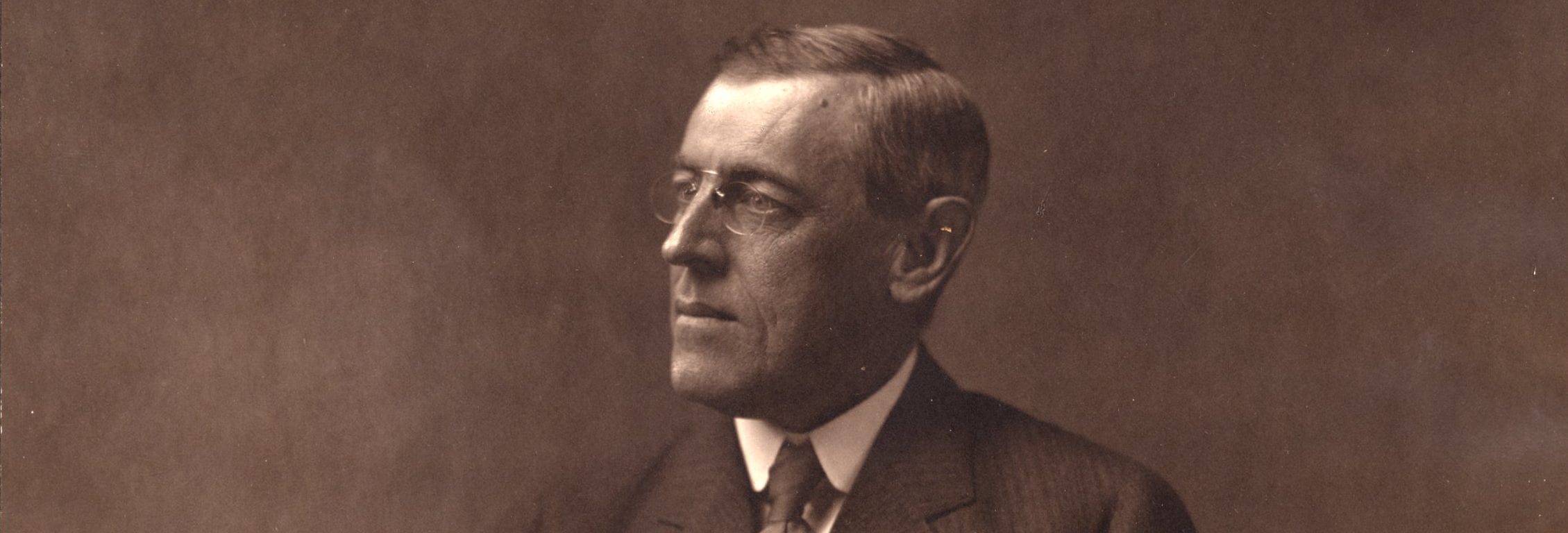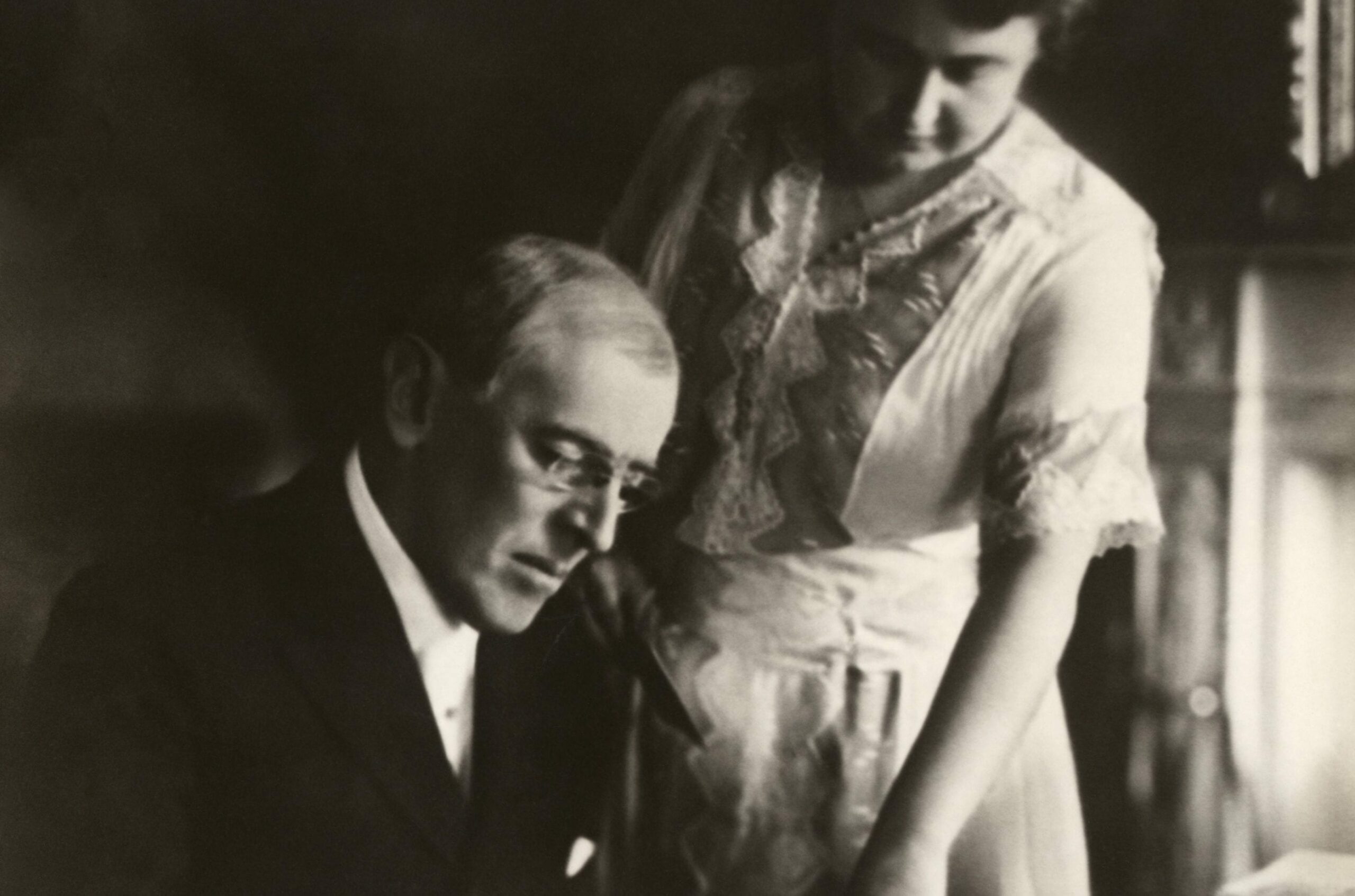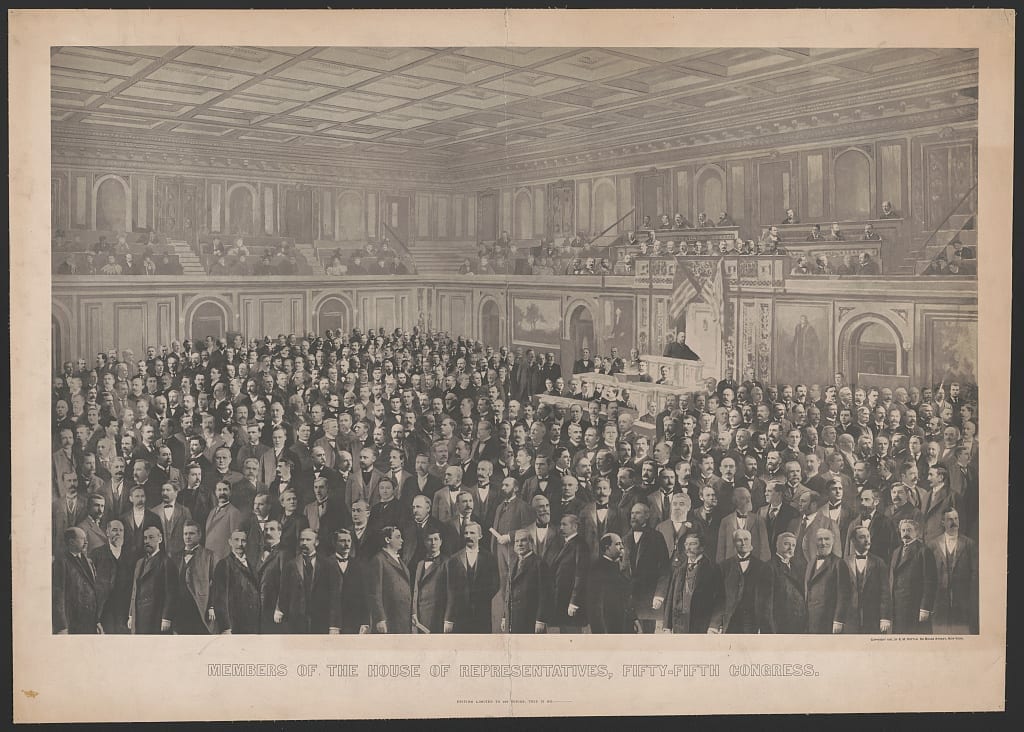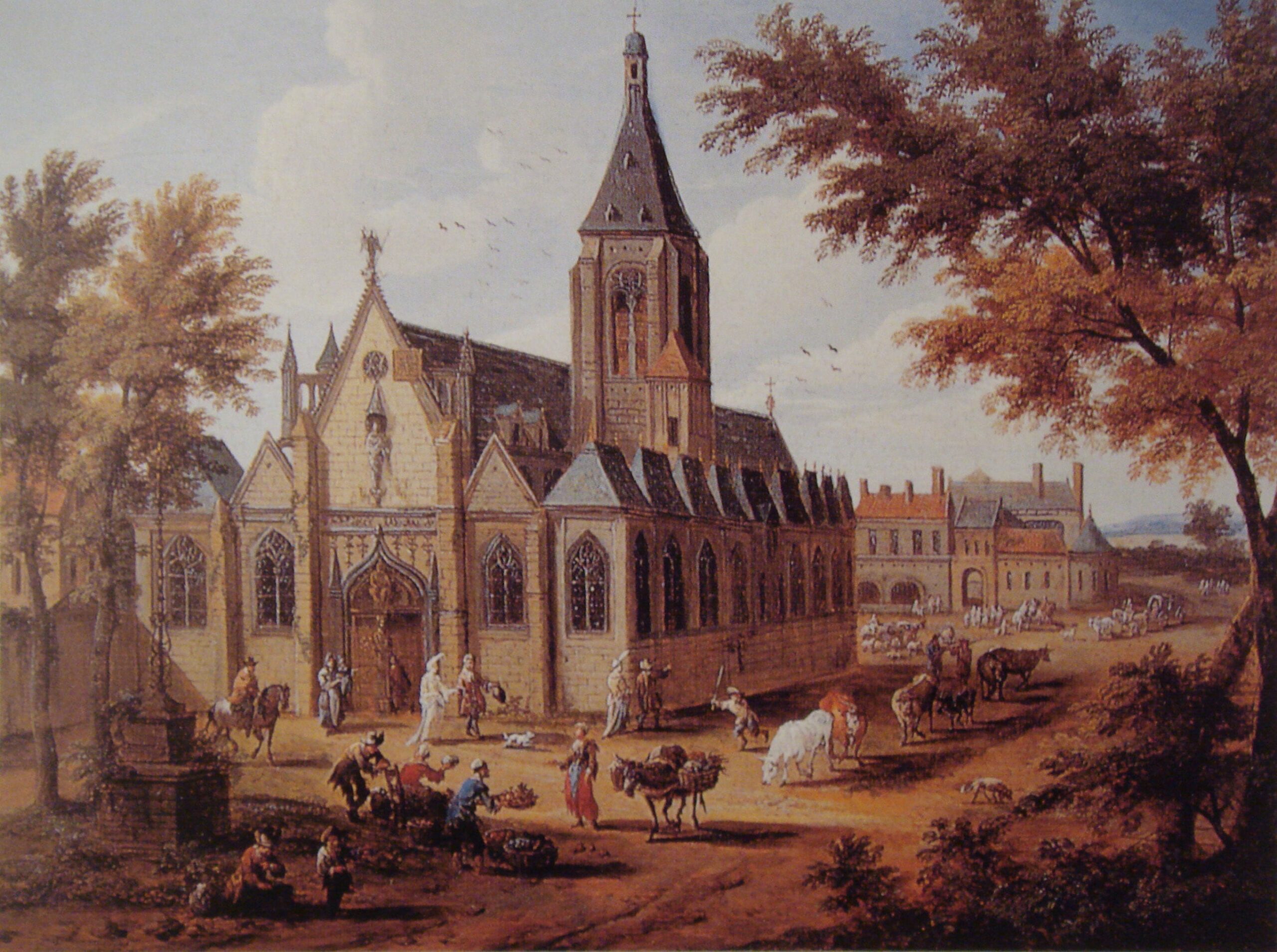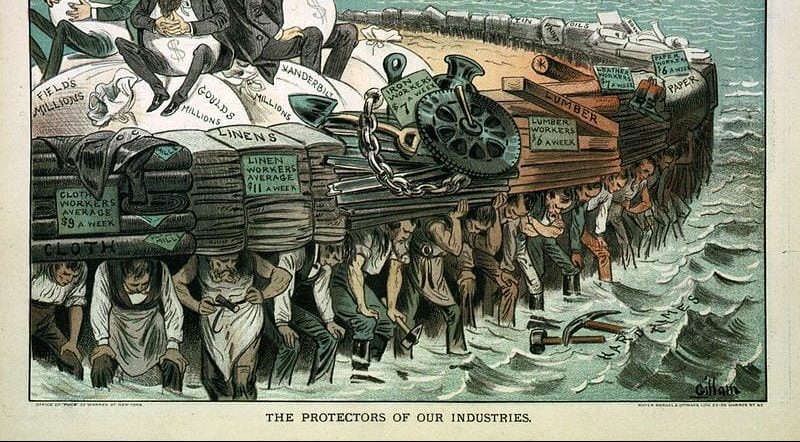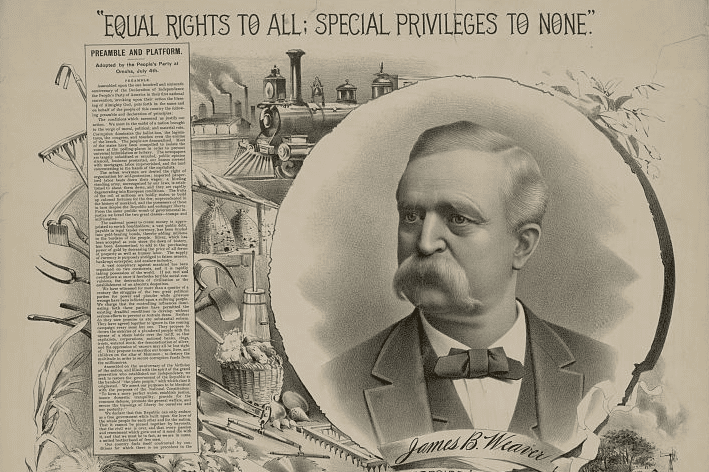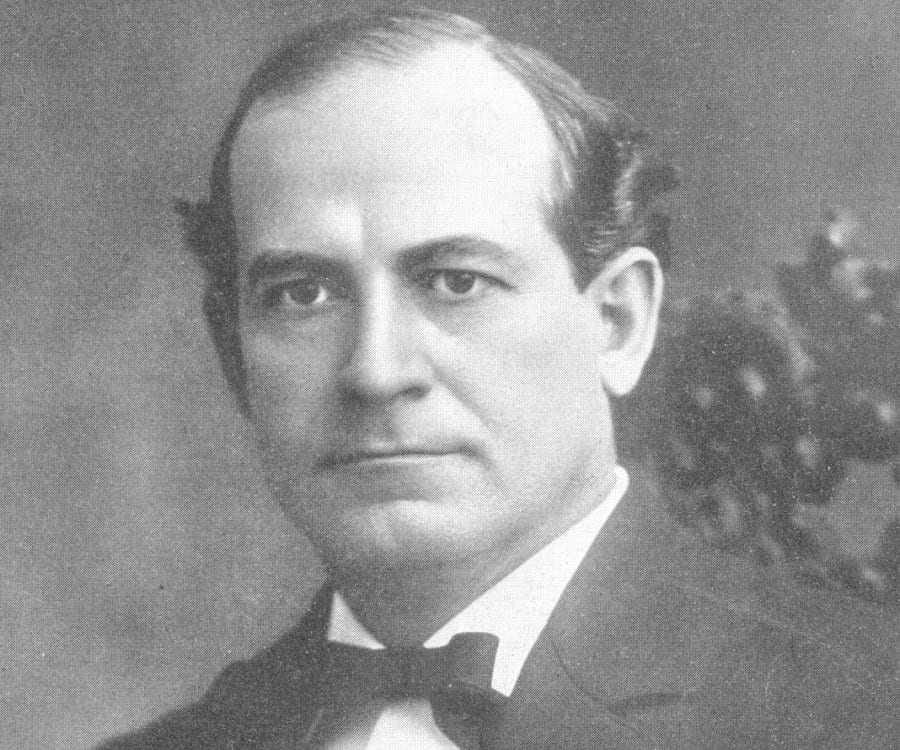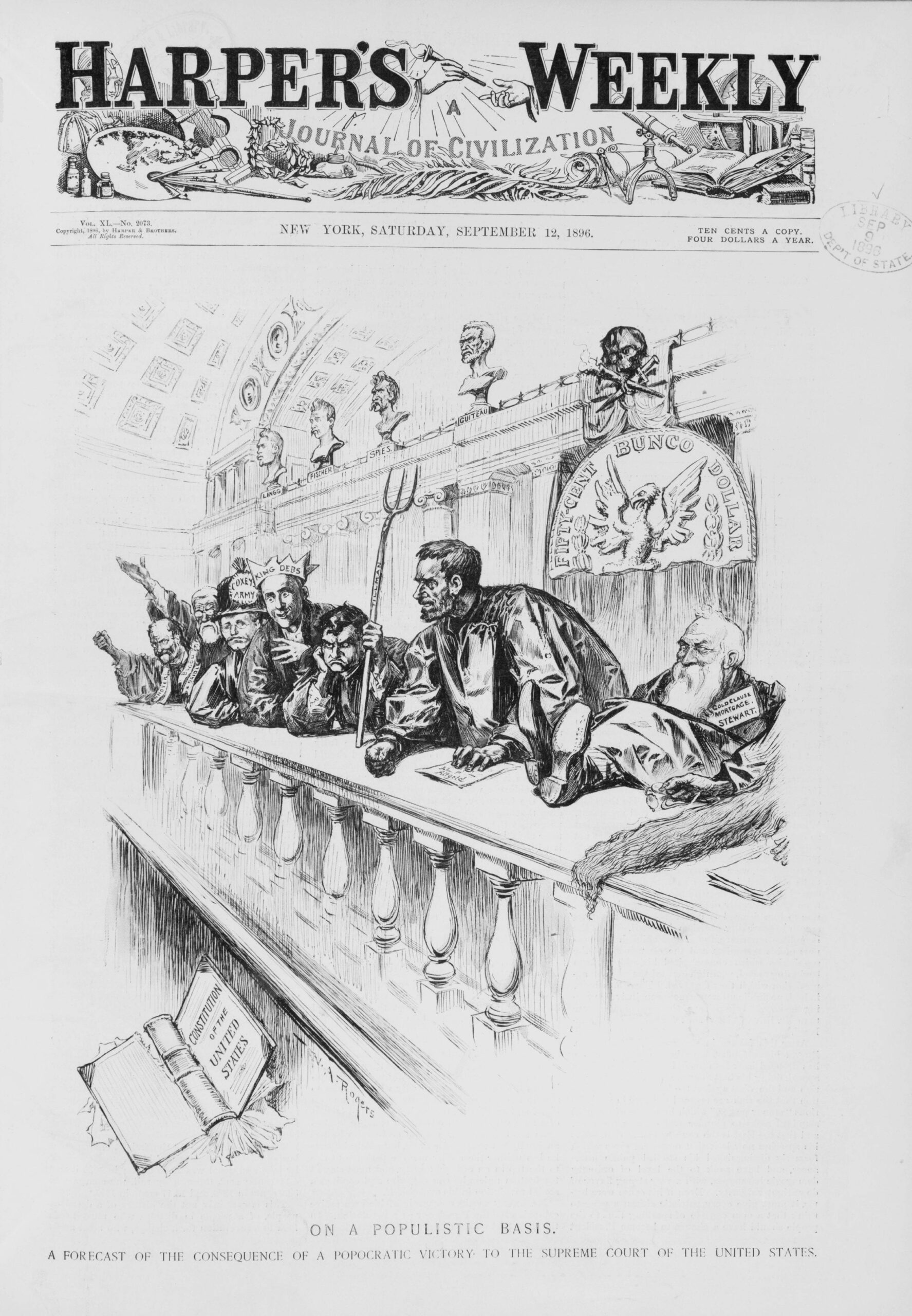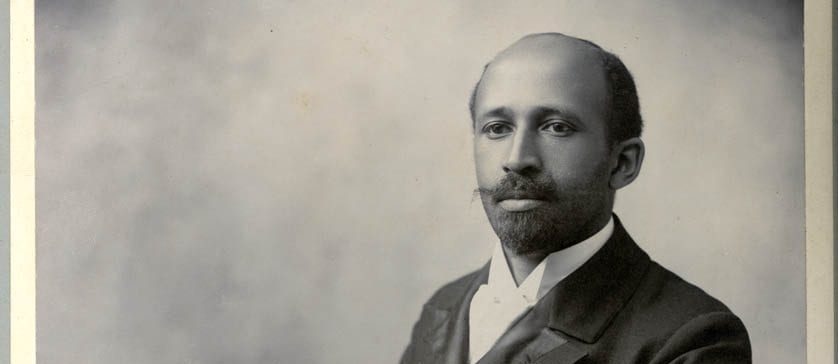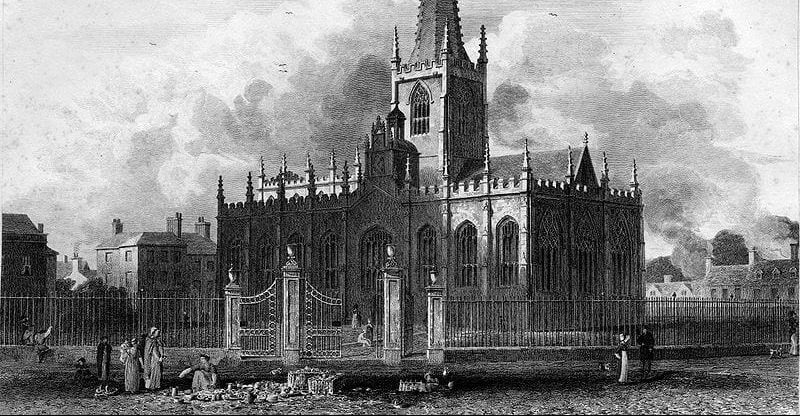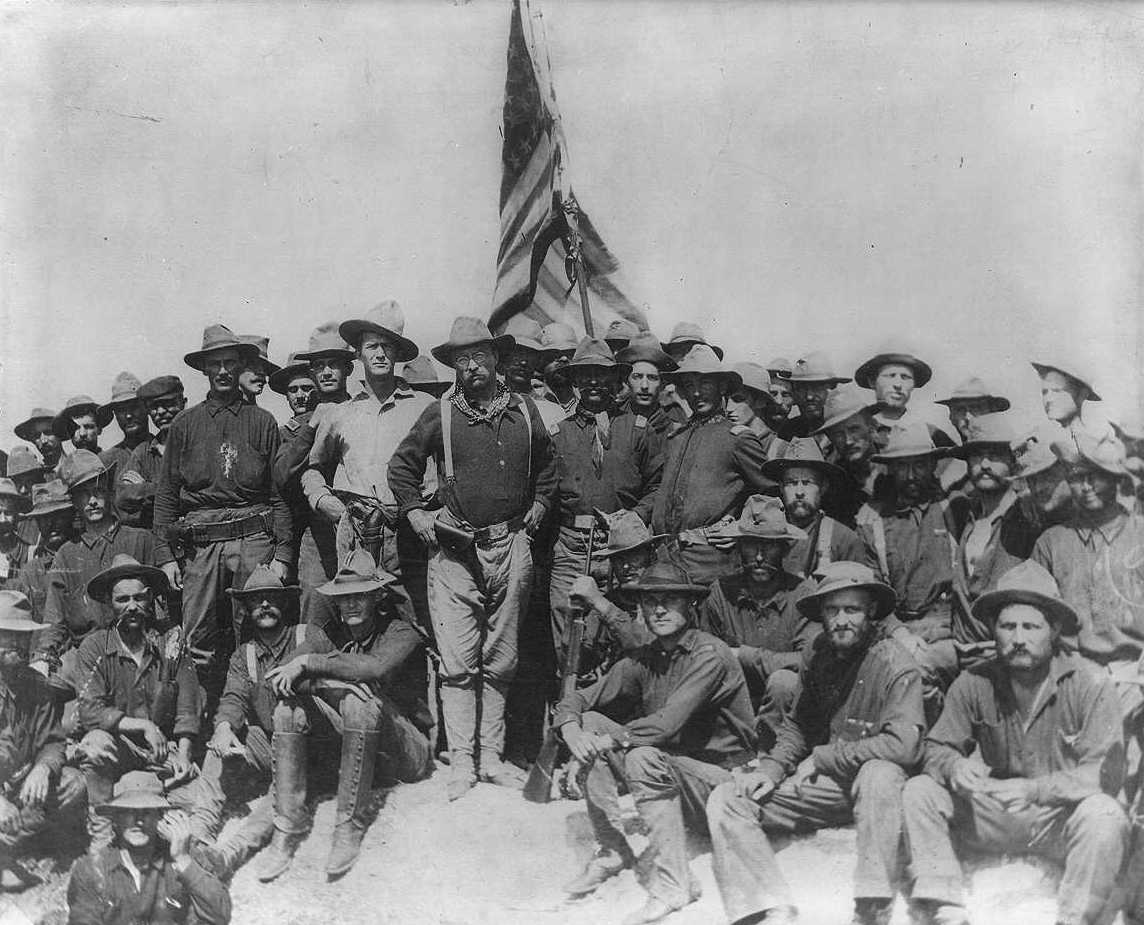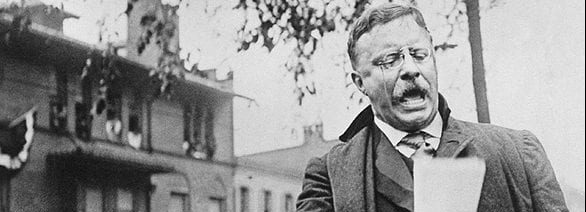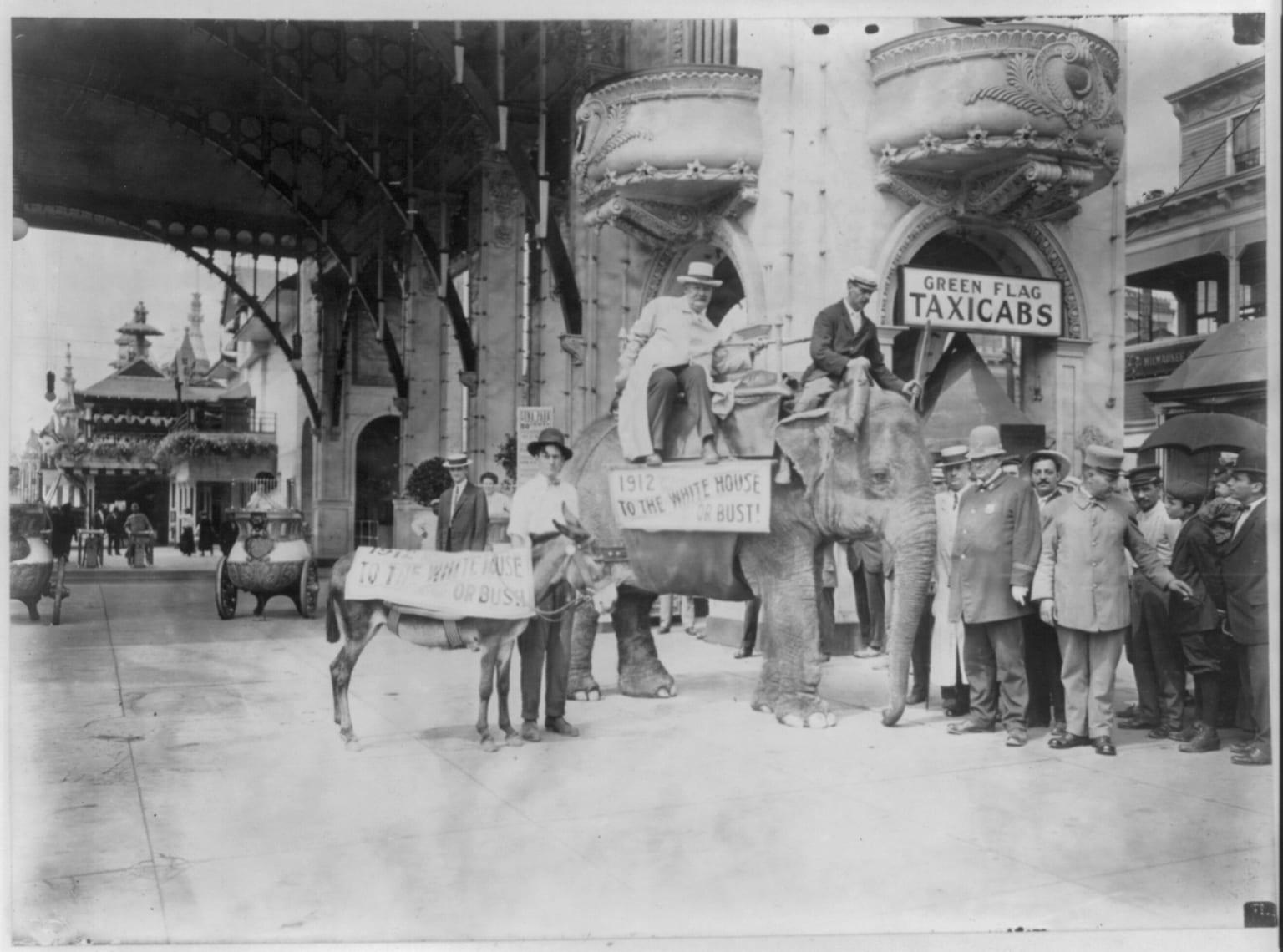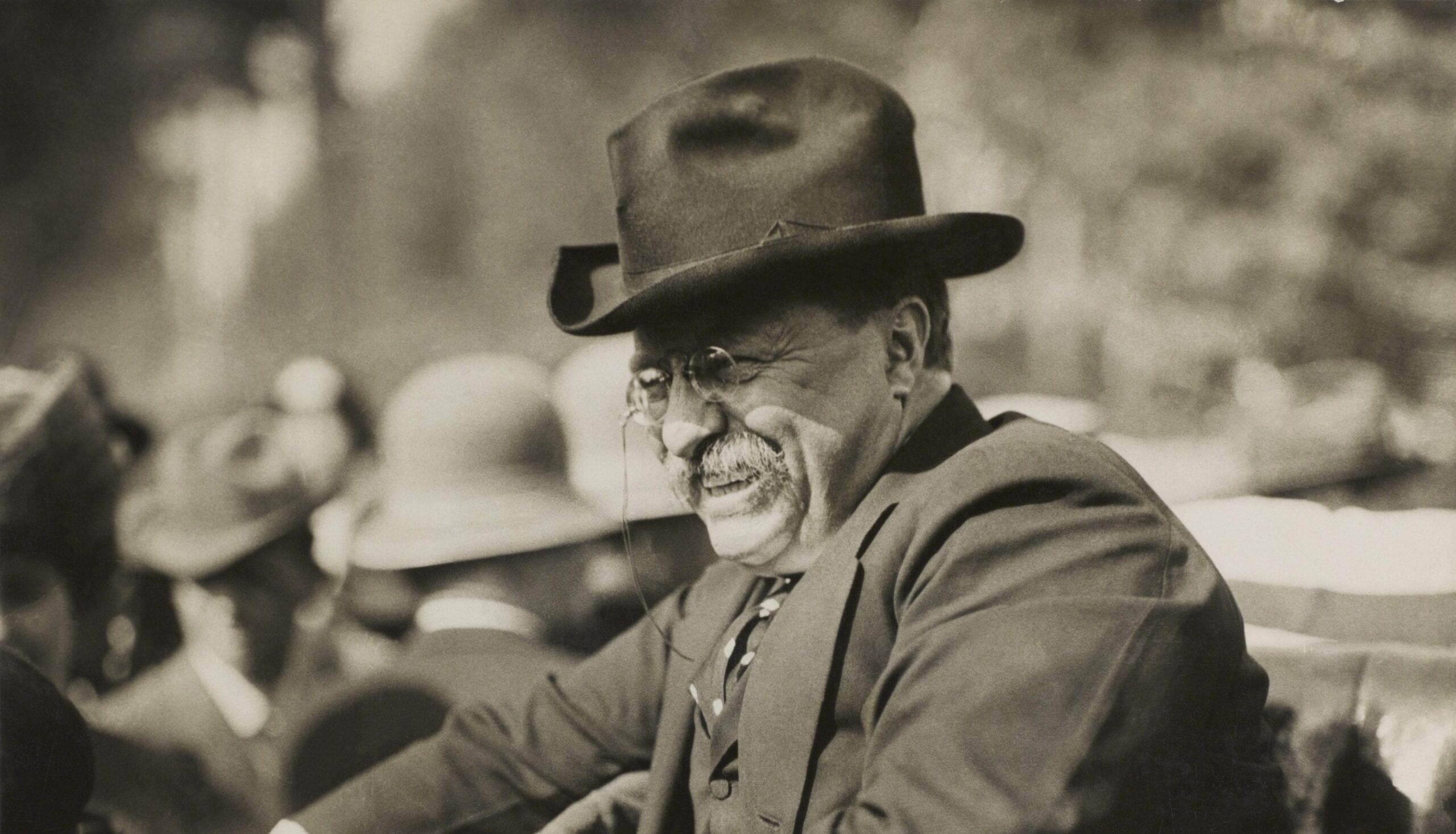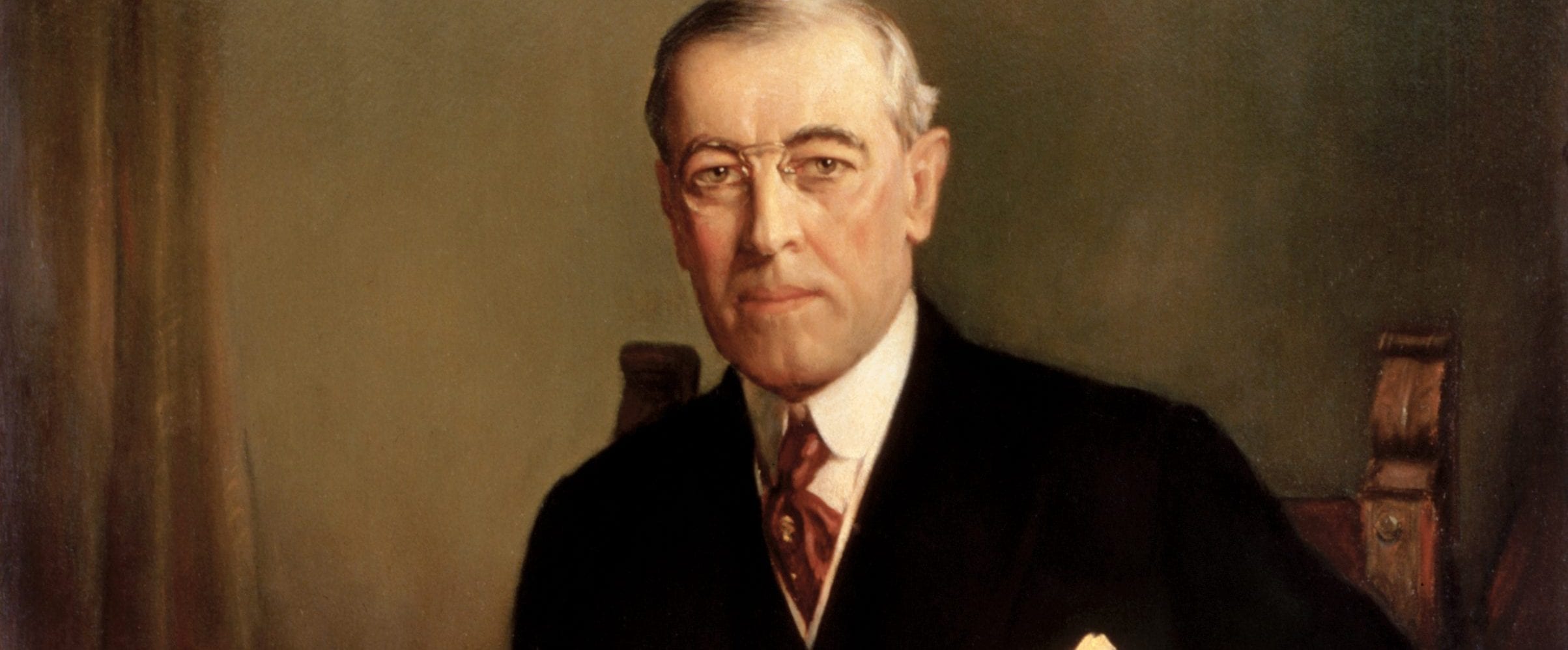
No related resources
Introduction
In a West Virginia trial court in spring 1873, Taylor Strauder, a black citizen, was convicted of murdering his wife and sentenced to death. After the state supreme court affirmed his conviction, Strauder appealed to the U.S. Supreme Court, claiming that West Virginia violated his rights as a defendant by the operation of a state law that restricted eligibility for jury service to “white male persons” between the ages of twenty-one and sixty. With a 7–2 majority, the Court ruled in his favor.
The Supreme Court’s ruling stands as another important early statement of the status of civil rights under the Constitution’s Fourteenth Amendment. In its Slaughterhouse Cases decision, as indicated in the introduction to Speech on the Civil Rights Bill, the Court distinguished rights pertaining to U.S. citizenship from rights pertaining to state citizenship. It interpreted the former narrowly and the latter broadly, thus reserving to the states the authority to define most civil rights. Viewed in isolation from the rest of the Court’s opinion, that interpretation might seem to cast doubt on Strauder’s claim in this case. But here the Court ruled in favor of Strauder, based on its reading, in Slaughterhouse, of the Fourteenth Amendment as an antidiscrimination mandate. Pursuant to its statement in Slaughterhouse of the amendment’s “one pervading purpose,” the Court in Strauder focused on the equal protection clause, finding that the Fourteenth Amendment confers upon black Americans “the right to exemption from unfriendly legislation against them distinctively as colored.” According to the Strauder court, the amendment does not guarantee a right to a trial by a jury of one’s peers as a property of U.S. citizenship; instead it guarantees to black citizens of West Virginia the same right to jury trial that their state government accord to other classes of citizens, including the right to be tried by a jury composed without discrimination against members of one’s own race.
Source: 100 U.S. 303 (1880); available at https://www.law.cornell.edu/supremecourt/text/100/303.
MR. JUSTICE STRONG1 delivered the opinion of the court.
. . .It is to be observed that the first of these questions is not whether a colored man, when an indictment has been preferred against him, has a right to a grand or a petit jury2 composed in whole or in part of persons of his own race or color, but it is whether, in the composition or selection of jurors by whom he is to be indicted or tried, all persons of his race or color may be excluded by law solely because of their race or color, so that by no possibility can any colored man sit upon the jury.
The questions are important, for they demand a construction of the recent amendment of the Constitution. If the defendant has a right to have a jury selected for the trial of his case without discrimination against all persons of his race or color, because of their race or color, the right, if not created, is protected by those amendments and the legislation of Congress under them. The Fourteenth Amendment ordains that “all persons born or naturalized in the United States and subject to the jurisdiction thereof are citizens of the United States and of the State wherein they reside. No State shall make or enforce any laws which shall abridge the privilege or immunities of citizens of the United States, nor shall any State deprive any person of life, liberty, or property without due process of law, nor deny to any person within its jurisdiction the equal protection of the laws.”
This is one of a series of constitutional provisions having a common purpose—namely, securing to a race recently emancipated, a race that, through many generations, had been held in slavery, all the civil rights that the superior race enjoy. The true spirit and meaning of the amendments, as we said in the Slaughterhouse Cases,3 cannot be understood without keeping in view the history of the times when they were adopted and the general objects they plainly sought to accomplish. At the time when they were incorporated into the Constitution, it required little knowledge of human nature to anticipate that those who had long been regarded as an inferior and subject race would, when suddenly raised to the rank of citizenship, be looked upon with jealousy and positive dislike, and that state laws might be enacted or enforced to perpetuate the distinctions that had before existed. Discriminations against them had been habitual. It was well known that, in some states, laws making such discrimination then existed, and others might well be expected. The colored race, as a race, was abject and ignorant, and in that condition was unfitted to command the respect of those who had superior intelligence. Their training had left them mere children, and, as such, they needed the protection which a wise government extend to those who are unable to protect themselves. They especially needed protection against unfriendly action in the states where they were resident. It was in view of these considerations the Fourteenth Amendment was framed and adopted. . . .To quote the language used by us in the Slaughterhouse Cases, “No one can fail to be impressed with the one pervading purpose found in all the amendments, lying at the foundation of each, and without which none of them would have been suggested—we mean the freedom of the slave race, the security and firm establishment of that freedom, and the protection of the newly made freeman and citizen from the oppressions of those who had formerly exercised unlimited dominion over them.”. . .
If this is the spirit and meaning of the amendment, whether it means more or not, it is to be construed liberally to carry out the purposes of its framers. It ordains that no state shall make or enforce any laws which shall abridge the privileges or immunities of citizens of the United States (evidently referring to the newly made citizens, who, being citizens of the United States, are declared to be also citizens of the state in which they reside). It ordains that no state shall deprive any person of life, liberty, or property without due process of law, or deny to any person within its jurisdiction the equal protection of the laws. What is this but declaring that the law in the states shall be the same for the black as for the white; that all persons, whether colored or white, shall stand equal before the laws of the states, and, in regard to the colored race, for whose protection the amendment was primarily designed, that no discrimination shall be made against them by law because of their color? The words of the amendment, it is true, are prohibitory, but they contain a necessary implication of a positive immunity, or right, most valuable to the colored race—the right to exemption from unfriendly legislation against them distinctively as colored—exemption from legal discriminations, implying inferiority in civil society, lessening the security of their enjoyment of the rights which others enjoy, and discriminations which are steps toward reducing them to the condition of a subject race. . . .
The right to a trial by jury is guaranteed to every citizen of West Virginia by the Constitution of that state, and the constitution of juries is a very essential part of the protection such a mode of trial is intended to secure. The very idea of a jury is a body of men composed of the peers or equals of the person whose rights it is selected or summoned to determine—that is, of his neighbors, fellows, associates, persons having the same legal status in society as that which he holds. . . .It is well known that prejudices often exist against particular classes in the community which sway the judgment of jurors and which therefore operate in some cases to deny to persons of those classes the full enjoyment of that protection which others enjoy. Prejudice in a local community is held to be a reason for a change of venue. The framers of the constitutional amendment must have known full well the existence of such prejudice and its likelihood to continue against the manumitted slaves and their race, and that knowledge was doubtless a motive that led to the amendment. By their manumission and citizenship, the colored race became entitled to the equal protection of the laws of the states in which they resided, and the apprehension that, through prejudice, they might be denied that equal protection, that is, that there might be discrimination against them, was the inducement to bestow upon the national government the power to enforce the provision that no state shall deny to them the equal protection of the laws. Without the apprehended existence of prejudice, that portion of the amendment would have been unnecessary, and it might have been left to the states to extend equality of protection.
In view of these considerations, it is hard to see why the statute of West Virginia should not be regarded as discriminating against a colored man when he is put upon trial for an alleged criminal offense against the state. It is not easy to comprehend how it can be said that, while every white man is entitled to a trial by a jury selected from persons of his own race or color, or, rather, selected without discrimination against his color, and a Negro is not, the latter is equally protected by the law with the former. Is not protection of life and liberty against race or color prejudice a right, a legal right, under the constitutional amendment? And how can it be maintained that compelling a colored man to submit to a trial for his life by a jury drawn from a panel from which the state has expressly excluded every man of his race, because of color alone, however well qualified in other respects, is not a denial to him of equal legal protection?
The judgment of the Supreme Court of West Virginia will be reversed, and the case remitted with instructions to reverse the judgment of the Circuit Court of Ohio County, and it is
So ordered.
- 1. Justice William Strong (1808–1895) was appointed by President Ulysses S. Grant.
- 2. A grand jury investigates a possible crime; a petit jury hears the evidence in a criminal trial.
- 3. Cases decided by the Supreme Court in 1873 ruling that the privileges and immunities clause of the Fourteenth Amendment applied only to rights of federal and not state citizenship.
Annual Message to Congress (1880)
December 06, 1880
Conversation-based seminars for collegial PD, one-day and multi-day seminars, graduate credit seminars (MA degree), online and in-person.



